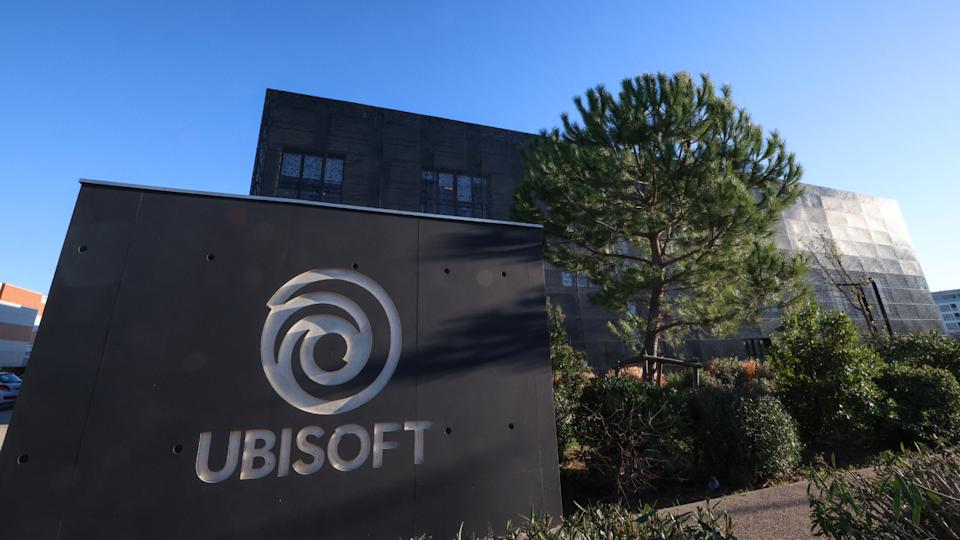
Ubisoft has officially released its fiscal year 2024–2025 financial report, revealing a €159 million loss (~$177.9 million) amid an ongoing wave of challenges, underperforming game releases, and strategic restructuring. The French gaming giant has struggled to maintain momentum, even as some of its legacy franchises continue to show strong engagement.
Big Losses, Shrinking Bookings
In its May 14 report, Ubisoft disclosed that net bookings declined by 20.5%, falling to €1.85 billion (approx. $2 billion), compared to the previous year. This drop includes both digital and physical game sales as well as revenue from subscriptions.
Despite hopes for a financial rebound, Ubisoft’s losses reflect broader industry turbulence and internal growing pains—including major investments, title delays, and restructuring costs.
Tencent Deal and Structural Changes
Earlier in March, Ubisoft announced the creation of a Tencent-backed subsidiary to manage some of its flagship franchises. This move was aimed at reducing operating expenses and increasing liquidity. While it brought in short-term financial relief, the long-term impact on performance and control over key IPs remains uncertain.
Assassin’s Creed Shadows: A Rare Win
One standout in the report was Assassin’s Creed Shadows, which launched with the second-highest day-one sales in franchise history. It quickly became one of the best-selling games of 2025, offering a rare highlight in an otherwise difficult year.
Additionally, the Assassin’s Creed and Rainbow Six franchises maintained strong user engagement, showing that Ubisoft’s core titles still resonate with players.
Looking Ahead: Can Ubisoft Recover?
Ubisoft’s 2025 results paint a picture of a publisher at a crossroads—caught between fading returns from older strategies and the uncertain future of its evolving business model. With a leaner roadmap and an increased focus on high-performing franchises, the company hopes to bounce back in the upcoming fiscal year.
Ubisoft’s ability to execute on its future releases, manage investor expectations, and adapt to ongoing industry shifts will be key to restoring profitability.